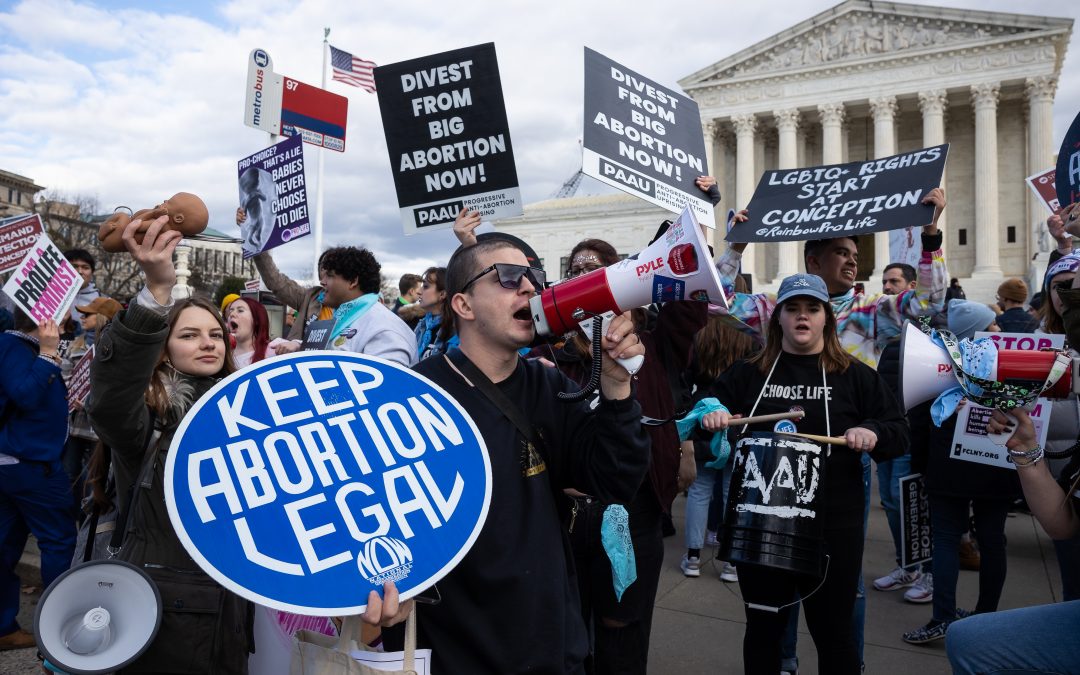Are there other constitutional provisions that protect the right to abortion? A recent case in the U.S. District Court for the District of Columbia has opened the possibility that there may be. In this blog post, we’ll explore the legal arguments at play in the case, and what implications they may have for the future of abortion access in the United States.
The case revolves around the Thirteenth Amendment, which was ratified at the end of the Civil War and sought to ban slavery and “involuntary servitude.” Judge Kollar-Kotelly has asked the parties in the criminal case, which involves charges of blocking access to abortion clinics, to present arguments by mid-March on whether the Thirteenth Amendment provides a right to abortion.
The case is also connected to the Supreme Court’s ruling in Dobbs v. Jackson Women’s Health Organization. In that ruling, the court declared that there is no constitutional right to abortion. However, Judge Kollar-Kotelly has suggested that the legal effect of the ruling may be narrower than that. She noted that the court confined its analysis to the Fourteenth Amendment alone, and that the sweeping statements made in the ruling may just be a “heuristic.”
In addition to the Thirteenth Amendment argument, several Jewish organizations have filed lawsuits arguing that religious freedom protections in the First Amendment or state constitutions may extend to abortion rights. A Massachusetts-based Satanic temple has also filed lawsuits contending that abortion restrictions in other states violate the group’s religious freedom rights.
The implications of these arguments are far-reaching, and could potentially shape the future of abortion access in the United States. Keep reading to find out more about the legal arguments at play in this case, and what they could mean for reproductive rights in the future.
Source: www.politico.com
